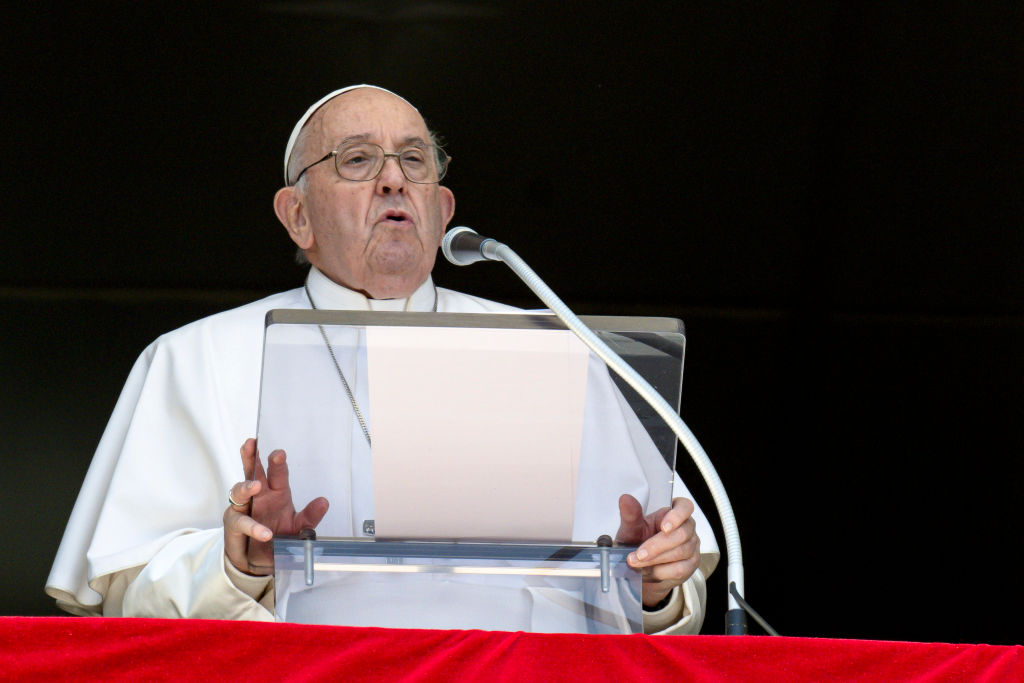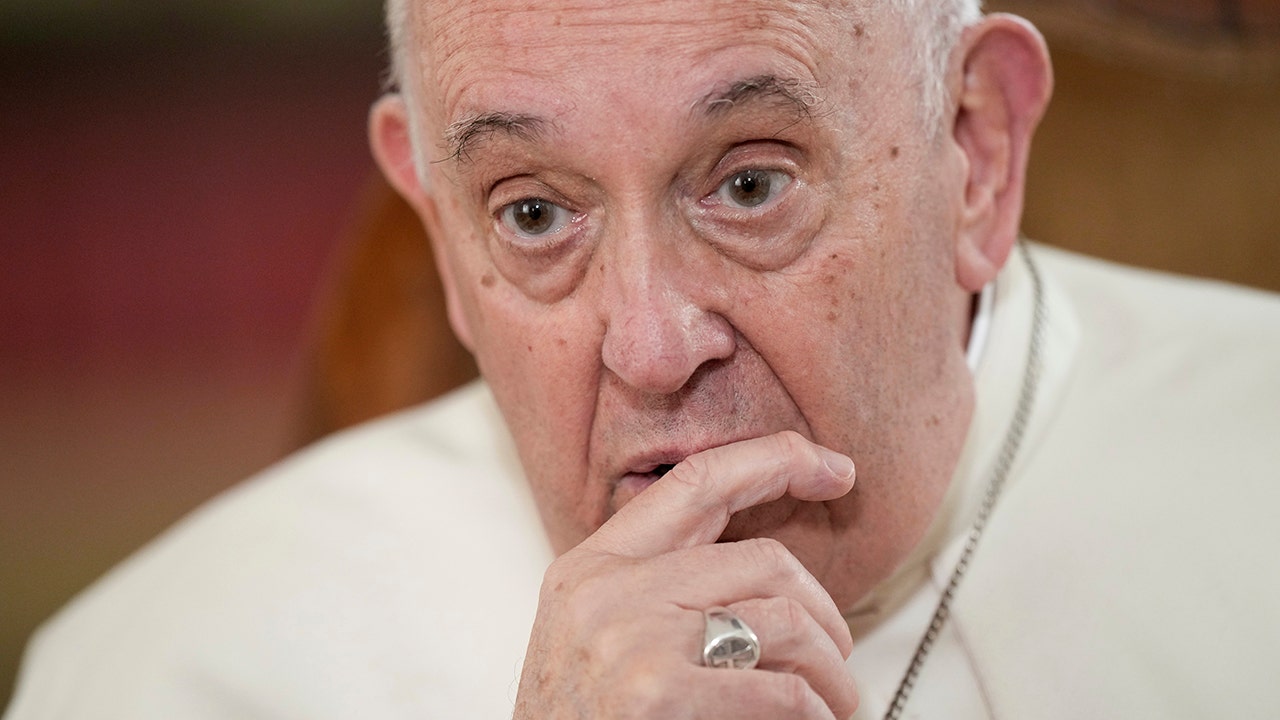The Vatican recently published a document titled “Dignitas Infinita: On Human Dignity,” addressing various contemporary issues affecting human dignity. This treatise, approved by Pope Francis, tells the Church’s stance on critical topics such as gender theory, surrogacy, and abortion while addressing the equal dignity of all individuals.

Also Read: Palestinians Relaunch Bid for Full Member of United Nations
The document comes during ongoing debates within the Catholic Church and society at large regarding LGBTQ+ rights, gender identity, and bioethical concerns. It follows months of speculation and discussion.
Dignitas Infinita shows the Church’s opposition to gender theory, gender-affirming surgeries, and surrogate parenthood, telling the traditional Catholic teachings.
The document addresses a wide range of threats to human dignity, including poverty, migration, human trafficking, and violence against women, in addition to bioethical issues like abortion and euthanasia.
Pope Francis‘ focus on social justice issues such as poverty and migration is evident in the document, his papal priorities over the past decade.
The text acknowledges modern challenges to human dignity, including digital violence and the marginalization of vulnerable groups.
The document rejects gender theory, addressing the differences between men and women while cautioning against attempts to obscure these distinctions.
It warns against any interventions that alter one’s biological sex, citing concerns about the integrity of human dignity.
The Vatican condemns surrogacy, citing violations of both the child’s and the surrogate mother’s dignity, with Pope Francis’ call for a global ban on the practice.
The document strongly reiterates the Church’s opposition to abortion and euthanasia, framing them as violations of human dignity and fundamental rights.
While addressing respect for individuals regardless of sexual orientation, the Vatican denounces discrimination and violence against LGBTQ+ individuals.
The document’s five-year development process shows the thoroughness of its preparation and the importance of its subject matter.
Cardinal Victor Manuel Fernandez addresses the collaborative nature of the document’s creation, showing Pope Francis’ vision for a more dialogical Church.
Also Read: Simon Harris to Become Ireland’s Youngest Prime Minister
The publication follows previous pastoral shifts, including the allowance of blessings for same-sex couples, indicating ongoing evolution within the Church’s approach to contemporary issues.
While reaffirming traditional teachings, the document seeks to reassure conservative Catholics of the Church’s stance on moral and ethical issues.
The Vatican’s pronouncements on human dignity resonate globally, influencing debates on social justice, bioethics, and LGBTQ+ rights across different cultures and contexts.
Surrogacy is condemned as a violation of both the child’s and the woman’s dignity, reducing the latter to an instrument for others’ desires. Pope Francis has called for a global ban on this practice.
The declaration reaffirms the Church’s opposition to abortion, stressing its interconnectedness with other human rights. It denounces the death penalty as a violation of the inherent dignity of every person.
The document is beyond traditional bioethical issues to address contemporary social challenges, including poverty, war, migration, and violence against women.
It underlines Pope Francis’s advocacy for marginalized communities and his call for concrete action to uphold human dignity.
The Vatican adopts a nuanced approach that acknowledges the complexity of contemporary debates. It addresses the imperative of respect for individuals irrespective of sexual orientation.
Also Read: Prabowo Subianto Elected as the New President Of Indonesia






















